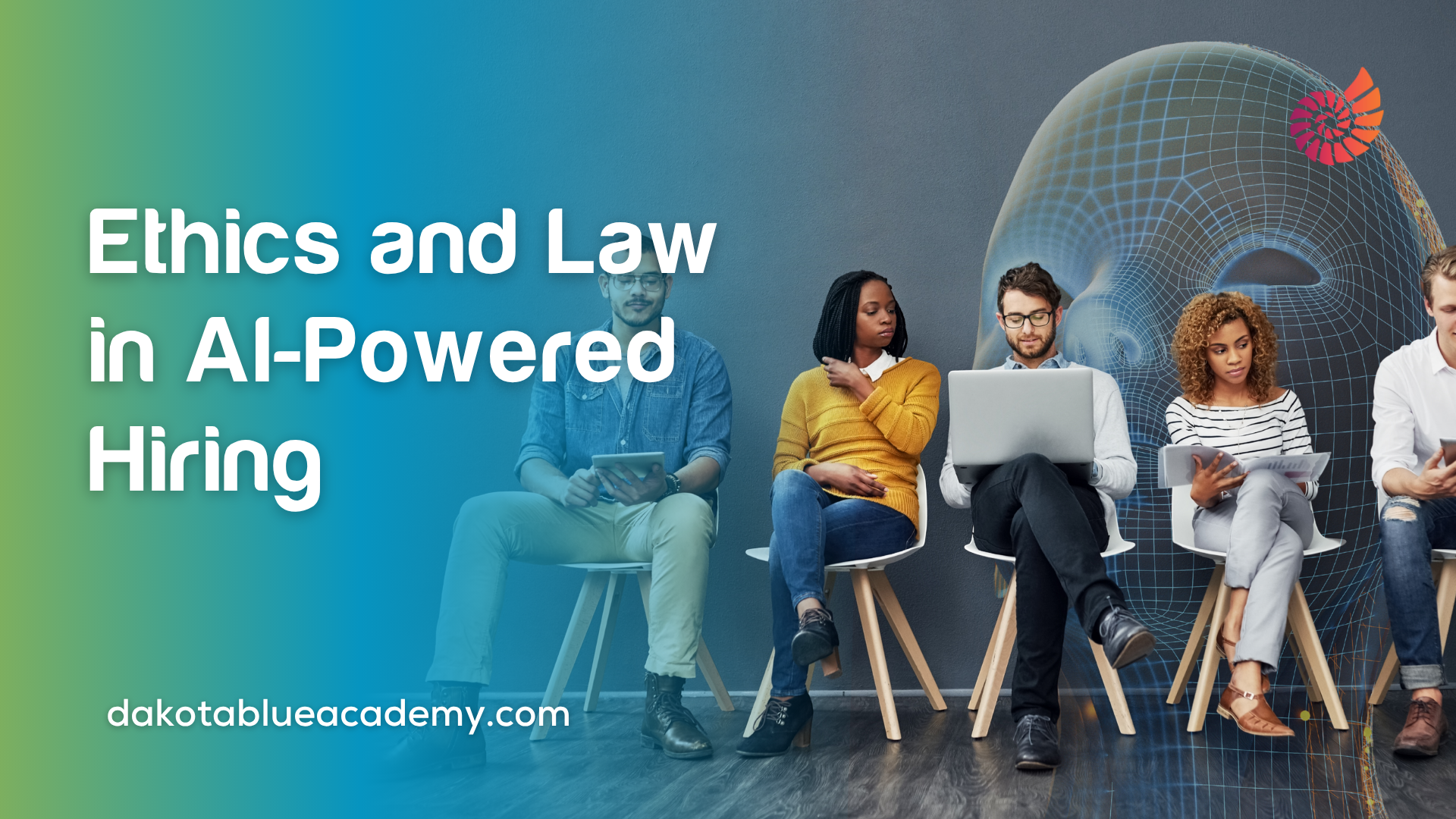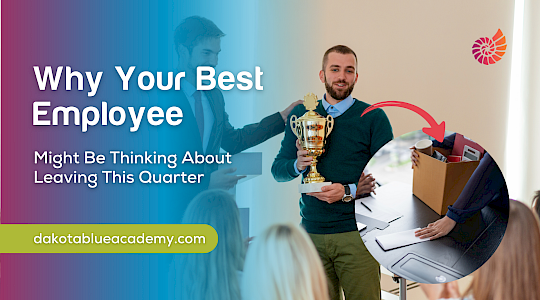
Ethics and Law in AI-Powered Hiring
11th June 2025
Artificial Intelligence (AI) is not just something big tech companies use anymore. Small businesses across the UK are starting to dip their toes in, using AI tools to sift through CVs, score job applicants, track absence, and even monitor performance.
Sounds efficient, right? But here's the catch, the law hasn’t quite caught up yet, and many employers are using these tools without really understanding how they work or the risks involved.
What’s Actually Happening?
Let’s say you’re using an AI tool to screen CVs for a new recruit. It promises to pick out the best candidates quickly. Or maybe you are using software that tracks employee behaviour and flags “productivity issues.” Sounds helpful… until you realise the system could be unintentionally biased.
For example, some AI systems have been shown to favour certain words or job histories, often linked to gender, age or ethnicity without you even knowing. That’s not just unethical, it could be considered discrimination under UK employment law.
Why This Should Concern You
There are some real risks to watch out for when using AI in your business. For example, it might flag someone by mistake, leading to an unfair rejection or even dismissal. That’s a big problem.
Then there’s the risk of discrimination, if the AI has been trained on biased data (which is quite common), it might treat some people unfairly without you even realising it.
Another issue is transparency. If you can’t explain how the AI made a decision, that could cause problems in an Employment Tribunal. And finally, think about how your team might feel. If they know a “robot” is watching or judging them, it could hurt trust and morale really quickly.
What is the Government Doing?
The UK isn’t bringing in one big piece of legislation on AI (like the EU), but it has shared five key principles to help businesses and regulators use AI safely and fairly. These aren’t official laws yet, but they’re important to follow:
- Keep AI safe and secure
- Be clear about how it works and how it stores and uses your data
- Make sure it’s fair
- Have someone responsible for it
- Let people challenge unfair decisions
The government will update this over time, so it’s worth keeping an eye on it, especially if you’re using AI in recruiting, absence tracking, or staff reviews.
You can read more about what the government are planning here.
So, What Can You Do Right Now?
- Understand the tool you are using. If you’re using AI for recruitment, absence tracking, or performance monitoring, make sure you know how it works. Ask the provider how decisions are made and how the data is being used.
- Don’t ditch human oversight. Use AI to support decisions, not replace them. A manager should always have the final say.
- Review for bias. Check if the AI tool is trained on diverse, representative data. If not, don’t rely on it to make people-related decisions.
- Be transparent. Tell candidates and employees when AI is being used and how.
- Get HR or legal advice. Especially before using AI to dismiss or discipline staff. It’s not worth the risk.
AI can be helpful, but it’s not a shortcut to good recruitment or people management. In fact, it can amplify existing problems if it is not used carefully. Until stronger regulations are in place, small business owners should be extra cautious.
Want more practical guidance like this?
Subscribe to the Dakota Blue Academy for easy-to-follow HR tips, in-depth manager guides, and templates to help you stay compliant and confident, even in the age of AI.


